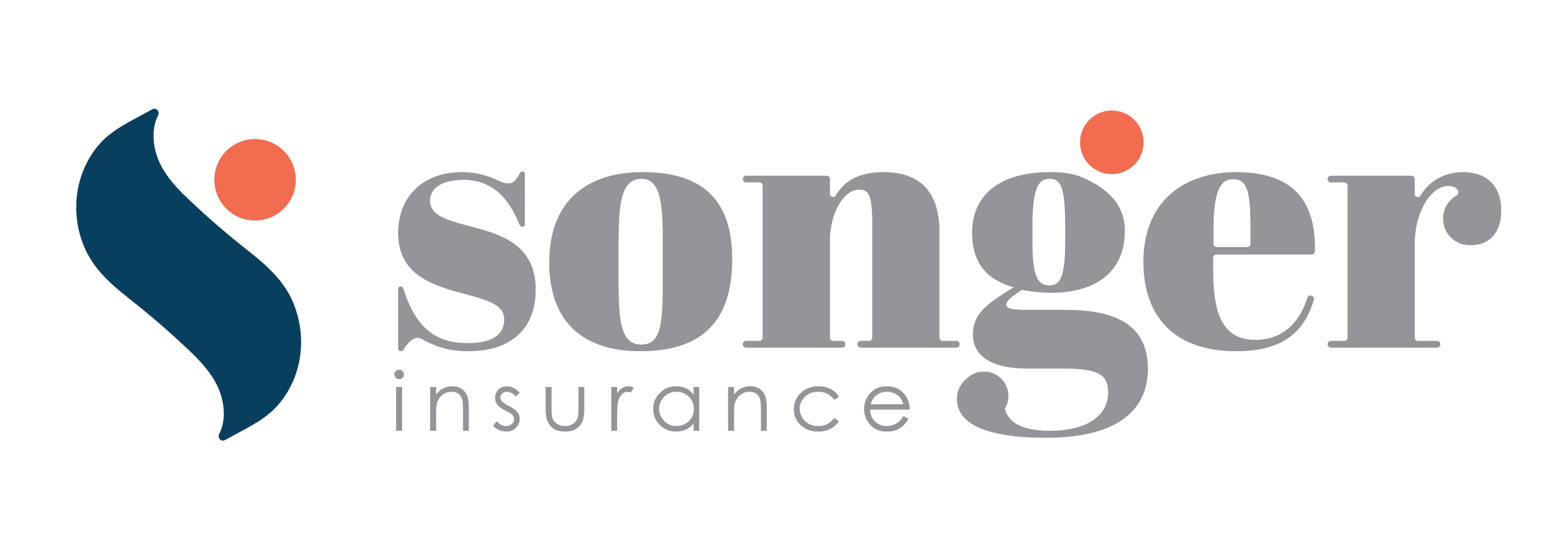Types of Health Insurance in West Virginia
Types of Health Insurance in West Virginia, is coverage that pays for medical expenses. It can help individuals and families protect themselves from high medical costs and ensure access to necessary healthcare services. Health insurance can be provided through an employer, purchased individually, or obtained through a government program such as Medicaid or Medicare.
Different health insurance plans are available, each with benefits, limitations, and costs. Some common types of health insurance plans include:
- HMO (Health Maintenance Organization) plans typically require individuals to choose a primary care physician and obtain referrals for specialty care. HMO plans generally have lower out-of-pocket costs but may have more limited coverage.
- PPO (Preferred Provider Organization) plans allow individuals to see any healthcare provider they choose without needing a referral. PPO plans generally have higher out-of-pocket costs but more flexible coverage.
- POS (Point of Service) plans: These plans combine elements of HMO and PPO plans and allow individuals to choose between in-network and out-of-network providers.
- EPO (Exclusive Provider Organization) plans only cover care from in-network providers and do not typically cover out-of-network care except in emergencies.
- High-deductible health plans (HDHPs): These plans have a high annual deductible that must be met before the insurance company pays for covered medical expenses. HDHPs are often paired with a health savings account (HSA) or a health reimbursement arrangement (HRA), which allows individuals to save money tax-free for healthcare expenses.
In addition to the types of plans listed above, short-term and catastrophic health insurance plans are also available. Short-term health insurance plans provide temporary coverage for individuals between jobs or waiting for other coverage to begin. Catastrophic health insurance plans have very high deductibles and are designed to protect individuals from high medical costs in the event of a significant illness or injury.
When choosing a health insurance plan, it is essential to consider factors such as the types of coverage and benefits offered, the cost of premiums and out-of-pocket expenses, and the network of providers available. It is also essential to carefully read and understand the plan’s terms, including any exclusions or limitations.
In addition to the types of health insurance plans, there are also different health insurance providers. Some individuals and families may have the option to purchase coverage through an employer, while others may need to purchase coverage individually or through a government program.
Employer-sponsored health insurance is often the most common type of coverage. Employers may offer their employees a group health insurance plan, which can be a cost-effective way to obtain coverage. Employees may be required to contribute towards the cost of their coverage, and the employer may also contribute.
Individual health insurance plans are purchased directly by individuals or families rather than through an employer. These plans may be available through a health insurance marketplace or directly from a health insurance company.
Individuals who purchase health insurance may be eligible for subsidies or tax credits to help offset the cost of coverage.
Government-sponsored health insurance programs, such as Medicaid and Medicare, are available to specific individuals and families who meet certain eligibility requirements. Medicaid is a federally funded program that provides coverage to low-income individuals and families. At the same time, Medicare is a federally funded program that provides coverage to individuals over 65 and specifically disabled individuals.
Overall, health insurance is essential for protecting against high medical costs and ensuring access to necessary healthcare services. By carefully considering the types of coverage



